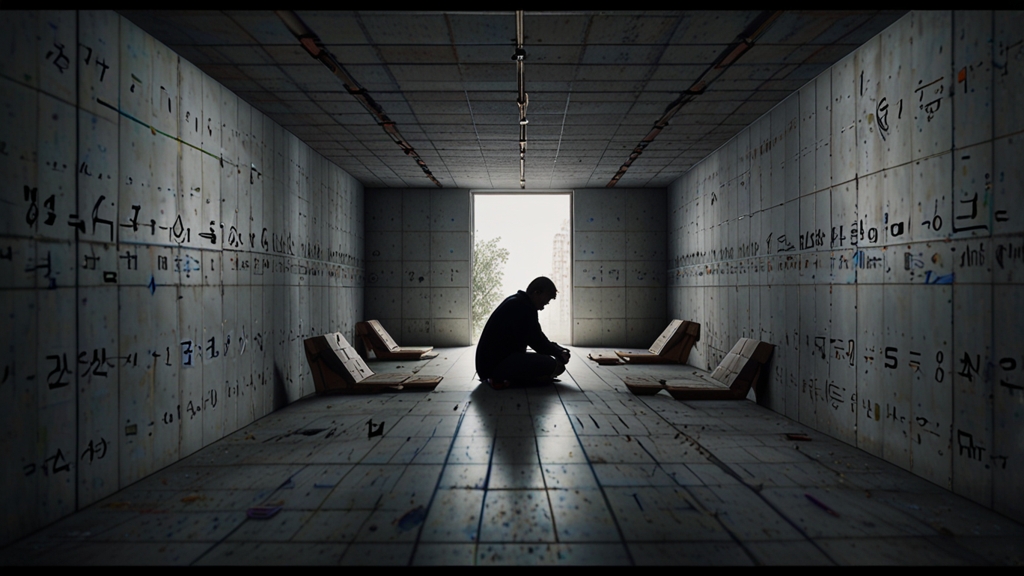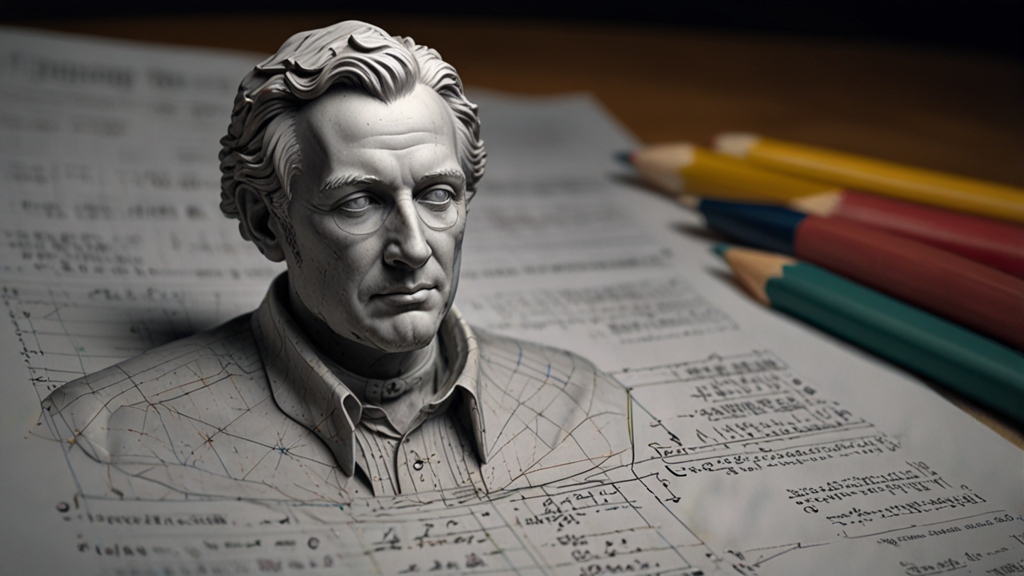Rethinking Reality: The Power of Epistemological Inquiry
When we talk about reality, we often take for granted the ways in which we come to know what we consider to be 'real.' Epistemology, the branch of philosophy dedicated to the study of knowledge and belief, compels us to question the foundations of our understanding. By examining how we acquire knowledge, evaluate evidence, and confront our assumptions, epistemological inquiry reveals the intricacies of what we consider reality. This rethinking of reality has profound implications for various fields, from science and ethics to personal philosophy and beyond.
The Nature of Knowledge: A Foundational Inquiry
Epistemology grapples with several core questions: What is knowledge? How is it acquired? Can we truly know anything for certain? Classical philosophers such as Plato and Aristotle first tackled these questions, debating the merits of empirical evidence versus rational thought. Modern thinkers have since expanded upon these discussions, incorporating insights from psychology, neuroscience, and linguistics.
The traditional definition of knowledge as "justified true belief" hascome under scrutiny. Critics argue that justification and truth can be subjective and that beliefs might be influenced by cultural and individual biases.
“The quest for certainty blocks the search for meaning. Uncertainty is the very condition to impel man to unfold his powers.” — Erich Fromm
Seeing Through Lenses: Perspective and Context in Knowing
One of the most powerful insights offered by epistemological inquiry is the recognition of perspective and context. Our senses, cognitive biases, and social influences all shape our perception of reality. The notion of "situated knowledge," introduced by feminist scholars like Donna Haraway, stresses that all knowledge is produced from a specific standpoint.
This understanding challenges the idea of objective, detached truth. Instead, it encourages a pluralistic approach, where multiple perspectives are valued. In scientific discourse, this shift is evident in the move towards interdisciplinary research and the inclusion of diverse voices in study designs and peer reviews.
“There are no facts, only interpretations.” — Friedrich Nietzsche
The Epistemic Imagination: Bridging Reality and Possibility
Epistemological inquiry not only questions what we know but also opens up possibilities for what could be known. This "epistemic imagination" enables us to envision and rigorously explore alternative realities or solutions. In this sense, epistemology is deeply creative, fostering innovation in various domains such as science, politics, and art.
Consider the role of thought experiments in physics, such as Schrödinger's cat or Einstein's pursuit of a unified field theory. These mental exercises stretch the boundaries of current understanding and pave the way for groundbreaking developments.
Practical Applications: Epistemology in Daily Life
While epistemology might seem abstract, its principles can have practical ramifications in our daily lives. Critical thinking, for one, stems from an epistemological stance that values evidence, reason, and open-mindedness. By cultivating an epistemic mindset, we become better equipped to navigate complex issues, from political debates to personal decision-making.
Moreover, fostering an epistemological awareness can enhance empathetic communication. When we acknowledge that others operate from different knowledge bases and perspectives, we are more likely to engage in constructive dialogue rather than conflict.
Conclusion: The Ongoing Journey of Understanding
The power of epistemological inquiry lies in its ability to expose the underpinnings of our beliefs and assumptions. It encourages us to remain curious, skeptical, and open to new perspectives. As we rethink reality through the lens of epistemology, we embark on a continuous journey towards deeper understanding and more nuanced conceptions of truth, knowledge, and existence.
“The more we know, the more we realize how little we know.” — Socrates










